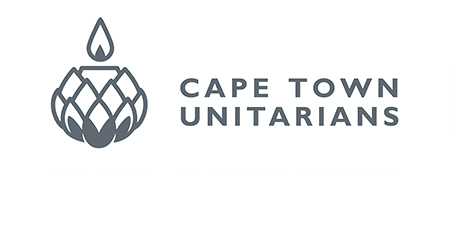FAQ About Unitarians
Who are Unitarians?
The term, “Unitarian”, began centuries ago, when some people in Europe did not believe the Christian concept of the Trinity—God in three persons (Trinitarian). At the time, this stance was considered heresy, and Unitarians (God is one) were persecuted and killed for their beliefs. Over time, Unitarianism evolved into a philosophy of the power of each individual to choose their spiritual path, going beyond even the requirement to believe in a God. Today, Unitarians come together in communities in order to support and encourage each other, abd we celebrate our diversity of beliefs.
Universalism is also part of someUnitarian organisations. Early Universalists broke away from the church belief that there was a God who condemned people to eternal torment in hell. Universalists believed in universal salvation for all people. The idea of God or Source as the all-loving essence of the universe remains an important part of Universalist tradition.
In some parts of the world, including here in South Africa, Unitarians have come to believe that all religious systems have elements of truth, that religious striving everywhere is toward living in harmony with the same Mystery.
We are brave, curious, and compassionate thinkers and doers. We are diverse in faith, ethnicity, history and spirituality, but aligned in our desire to make a difference for the good. We have a track record of standing on the side of love, justice, and peace.
Is this a church?
Since the word, “church”, usually signifies a solely Christian community, we would offer instead that we are a supportive community that honours diverse beliefs but also a shared value of inclusion and the power of love. We are a community of people who come together to inspire and be inspired.
What do you believe?
We need not think alike to love alike. We are people of many beliefs and backgrounds: people with a religious background, people with none, people who believe in a God, people who don’t, and people who let the mystery be.
We are Unitarian and Buddhist, Christian, Hindu, Humanist, Jewish, Muslim, Pagan, atheist and agnostic, believers in God, and more.
On the forefront of Lesbian, Gay, Bisexual, Transgender, and Queer inclusion for more than 40 years, we are people of all sexual orientations and gender identities.
